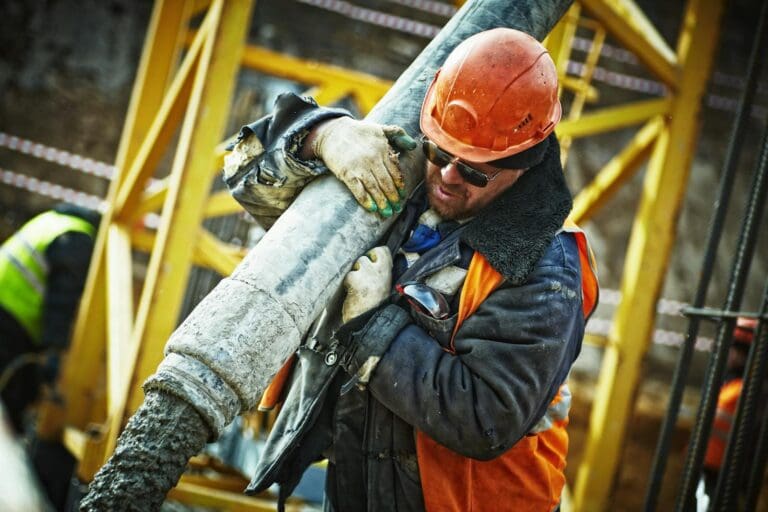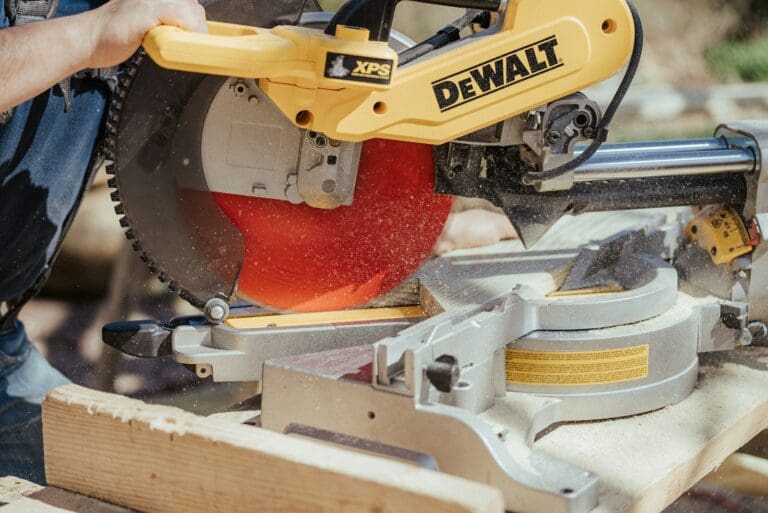It is important to understand what unskilled labour means and how it differs from skilled labour in order to fully appreciate skilled labour. Unskilled labour is work that does not require formal education or a specific set of skills. Cashiers, cleaners, and grocery clerks are all examples of unskilled labour.
One of the most common misconceptions about unskilled labour is that it requires little or no training. However, in many cases, even jobs like cashiering and cleaning require a lot of on-the-job training.
Skilled labour, on the other hand, is work that requires technical knowledge and skills specific to a given occupation. Many skilled workers require extensive training and formal education. Examples of jobs requiring a lot of skills include electricians, plumbers, welders, and carpenters. It can be difficult for employers to find skilled labour during a labour shortage.
Unskilled labour is less valued because it requires considerably less work to acquire the knowledge and skills needed to do the job well. While most people can learn how to work as cashiers or cleaners in a relatively short amount of time through on-the-job training, becoming an electrician takes years longer due to the difficulty in acquiring necessary skills. Because of this, employers are willing to pay skilled workers much higher salaries than they would be willing to pay unskilled labourers who need far less training.
Because of all the technological advancements made today, skilled labour is more in demand than ever before. There are simply not enough skilled workers to go around! The number of people entering the workforce with a high level of skills in certain industries such as the manufacturing and construction industries have decreased over time, leading to a shortage in Canada and the United States of skilled labourers.
Types of skilled labour
Skilled labour is labour that requires skilled workers to do the job. These workers have been formally educated or received training in a specific occupation. Skilled labour is broken into several categories such as:
- Craftsmen: people who have learned a specific trade through years of training. Workers in this category often require high levels of education and certification in order to practice their trades. Examples include electricians, plumbers, and mechanics.
- Technicians: technicians are skilled workers who specialize in a specific field without necessarily being certified. A common example of this type of expertise is that of IT technicians, such as computer programmers.
- Operators: operators are skilled performers who use machines to produce a product. Operators are often responsible for overseeing the production and manufacturing process.
- Administrators: administrators are skilled workers who oversee the activities of a company or organization. They help manage the work done by other employees within their organizations. Examples of administrator positions include office managers and CEOs.
The importance of skilled labour to our economy is clear. Skills are the most important factor in determining how efficient and productive our workforce is, and as a result skilled labour is one of the more valuable factors of production in any economy.
Types of unskilled labour
Unskilled labourers are usually hired on a temporary basis, and they are often paid lower wages than skilled workers.
There is no formal education required to work as an unskilled labourer. People with little or no training at all can find employment in unskilled labour jobs in any industry, including sectors such as:
-
- Cleaning services: These are professionals who perform cleaning tasks in a business, such as vacuuming, cleaning bathrooms, and polishing floors.
- Food service: This industry employs many unskilled workers to prepare food for consumers. Examples include fast-food restaurants and cafes where people go to purchase pre-made or take-out meals. This can also include wait staff who serve meals to customers in sit-down restaurants.
- Customer service: Support staff are needed to help maintain a healthy customer base by assisting customers and answering their questions. Support staff can be either skilled or unskilled, depending on the level of education and knowledge required for the product or service that the customer service rep is required to know.
- Retail: These are workers who work directly with customers to assist them in finding products they want to buy. Sales clerks may be unskilled labourers if they do not have much experience or formal education.
- Construction: Unskilled construction workers perform manual or strenuous labour with no formal education required. This can include jobs such as working as a labourer to a general contractor, where you’ll be put to work doing tasks such as cleaning up debris, and helping do any of the required manual labour that is needed to complete a construction project.
- Manufacturing: Unskilled labourers in the manufacturing industry are responsible for performing manual tasks to help build and construct products, such as people working on assembly lines who do not perform skilled labour jobs.
Unskilled labour workers are often willing to accept lower salaries than skilled labourers because their work is typically less risky, but they usually have an easier time finding employment.
Factors of production in this category are important for making sure businesses run smoothly on a day-to-day basis, but they do not contribute greatly to the overall productivity.
Skilled Labour’s Future
So what is the future of skilled labour?
The economy of today favours specialists who are willing to work hard to achieve their goals and then pursue that career. In the past, unskilled labourers were needed to perform tasks that did not require specialized training or skills. However, the need for unskilled labour has decreased as many of those jobs are being replaced by automation or robots. Cashiers, for example, are being replaced with self-checkout machines. Fast food chains have implemented self-ordering machines in their restaurants. The need for unskilled labour is likely to continue to decrease as the move toward automation continues.
In conclusion, skilled labour is necessary for a growing economy because the future success of companies will depend on their ability to adapt to changing technologies and shifting markets. Although unskilled labour is still important today, looking toward the future of skilled labour instead of relying on factors of production that are shrinking in value could help a company stay competitive and keep its doors open for many years to come.















